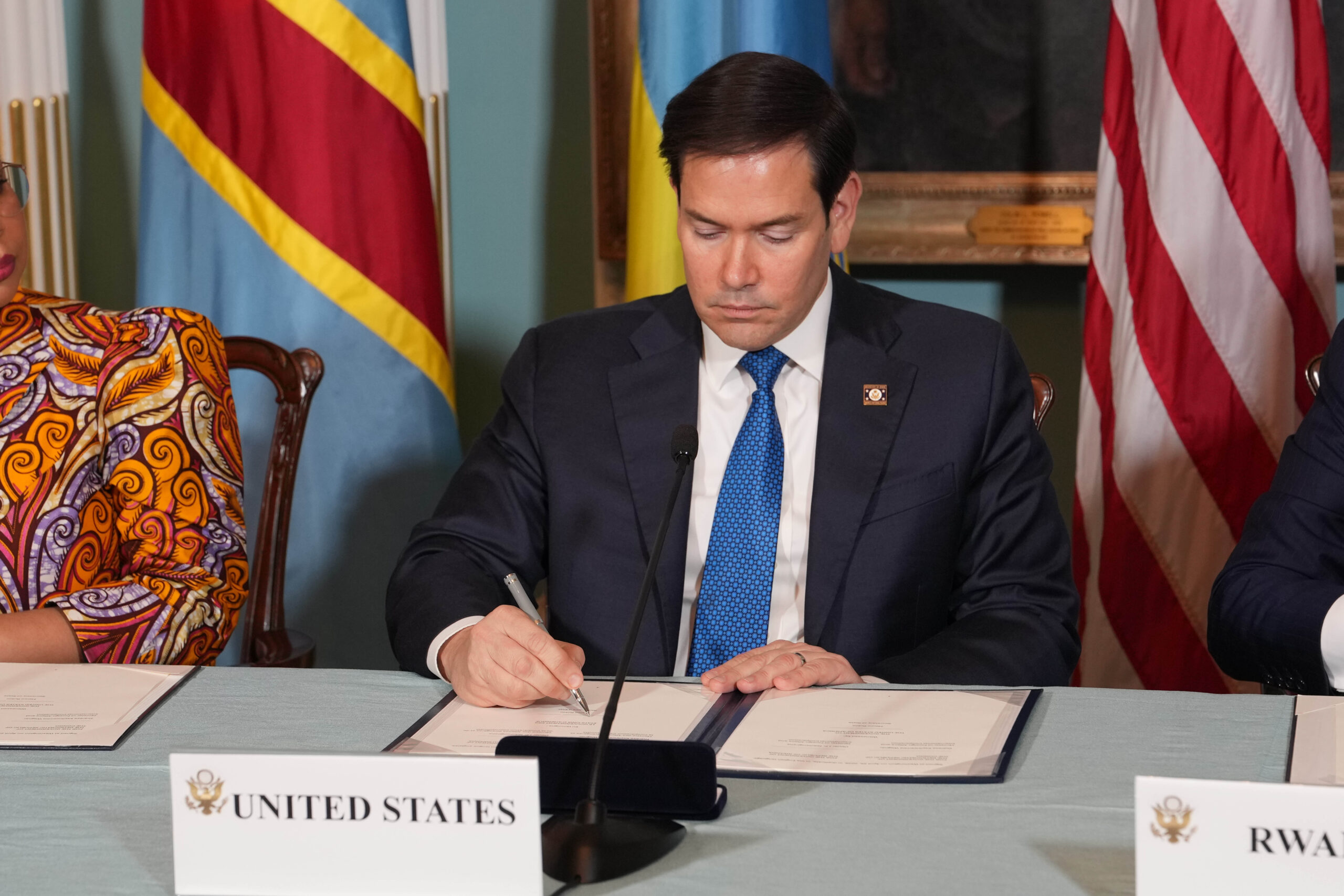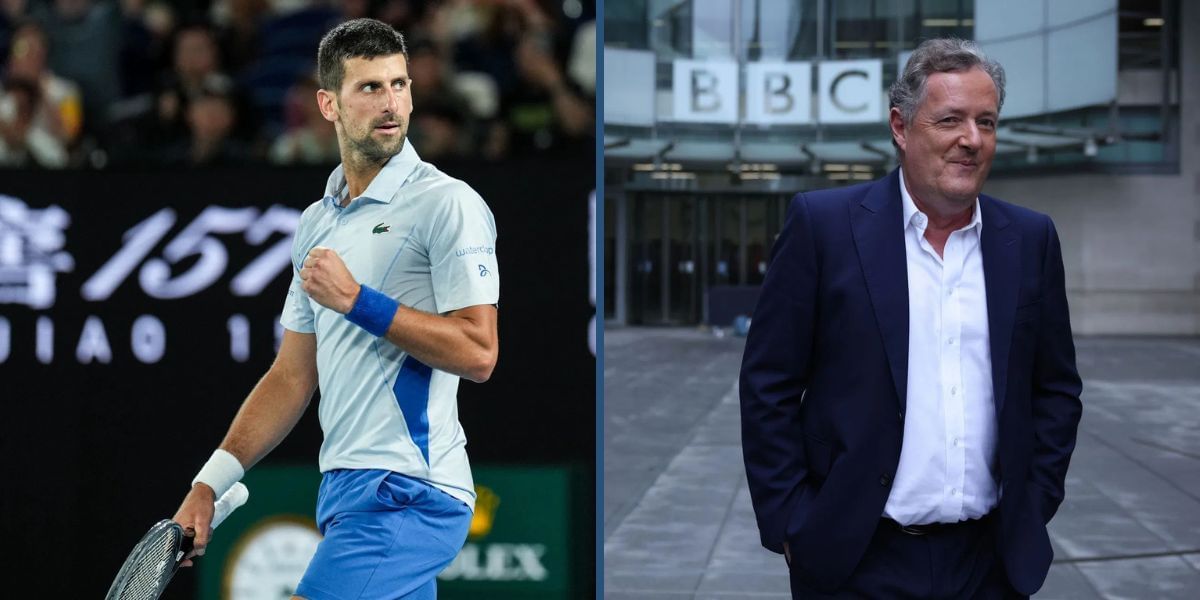The accord between the Democratic Republic of the Congo (DRC) and Rwanda brokered by the United States in June represents more than a diplomatic breakthrough for the Trump administration. It is a test of whether Washington can transform plans for peace into a durable, mutually beneficial economic and security outcome in one of the most mineral-rich regions in the world.
The African Great Lakes region is where nearly three‑quarters of global cobalt is mined and where flows of untraceable tantalum, tin, and tungsten continue to fuel sustainability risks that ripple through the supply chains of U.S. manufacturers. If the peace agreement and the related US-DRC critical minerals deal fail to deliver on their promises, illicit networks will entrench themselves further, and China will remain the default processor and refiner of the minerals core to electric vehicles, semiconductors, and defense systems.
### The Millennium Challenge Corporation: A Unique Instrument for Change
The United States has one instrument that can respond with the scale, speed, and credibility this moment demands—the Millennium Challenge Corporation (MCC).
Founded in 2004, the MCC was designed to turn political will into economic transformation by using large grants to spur economic growth and open markets in poor countries with good governance. Over the years, the MCC has been active in twenty-four African countries, making investments of over ten billion dollars in sectors such as energy, agriculture, and infrastructure, including the completion of 3,800 kilometers of road.
Within the U.S. government’s economic statecraft toolbox, the MCC’s large-scale grant capital is a rare and strategic asset capable of funding enabling infrastructure for U.S. investment in markets of strategic importance. Unlike other agencies, the MCC can also work regionally, not just bilaterally—which is exactly what a cross-border security and trade deal requires.
### MCC 2.0: Accelerating Regional Development
Reimagined as “MCC 2.0,” the corporation can accelerate the development of minerals-corridor infrastructure in African markets, help investors navigate complex permitting regimes, and crowd in U.S. private investment.
Armed with flexible funds, MCC compacts finance feasibility studies, workforce upskilling, data gathering, energy, and infrastructure that create the “bankability” U.S. investors need to enter the DRC market, while also driving regional economic development. Unlike the U.S. Development Finance Corporation (DFC), which is driving the U.S.-Ukraine minerals deal, the MCC specializes in driving policy shifts by conditioning disbursements on reforms that address market entry barriers.
The corporation’s regional focus suits the reality that mineral supply chains will cross borders, enabling the MCC to reinforce both the corridor‑based US-DRC minerals deal and the related DRC‑Rwanda agreement. Tying disbursements to measurable governance benchmarks gives the United States leverage beyond diplomacy and makes reform inseparable from financing.
With the MCC, the Trump administration has an execution platform—not just a financing source—that can support the long-term success of the US-DRC critical minerals deal.
### Country Eligibility Requirements: Operational Choices, Not Legislative Constraints
Over the past twenty years, the MCC has developed complex eligibility requirements that score countries based on data from Freedom House, Reporters Without Borders, the World Bank, and others to determine grant eligibility. Currently, neither the DRC nor Rwanda qualify for a full compact under MCC’s existing scoring regime.
However, these eligibility practices do not have to stand in the way of mobilizing the MCC to make the peace and economic agreements successful. The metrics currently used are operational choices, not statutory mandates. They preclude the agency from adapting to urgent, strategic opportunities like the one now unfolding in Central Africa.
Congress instructed the MCC to partner with countries demonstrating a commitment to governance, economic freedom, and investment in people, and that compacts must align with U.S. national interests. The procedural hurdles and rigid scorecard formulas layered onto the law’s framework can be removed by new political leadership.
To let operational rigidity block U.S. minerals security and Congolese development ambition is to let process defeat purpose.
### MCC Needs Political Direction
There is no need to rewrite the MCC’s authorizing statute. Congress has already provided legal authority and full‑year appropriations. What is needed now is political direction.
The MCC has a new board that met in August and is beginning work on compacts that had been paused during the foreign assistance review. U.S. Secretary of State Marco Rubio, as chair of the MCC board, should instruct the MCC to fast-track a Great Lakes regional compact to serve as the platform for executing the peace agreement and critical minerals deal.
Such a compact, focusing on power, rail, border systems, mining-skills training, and rule‑of‑law, could create an investible minerals corridor integrated with the U.S.-supported Lobito Trans‑Africa Corridor* connecting the DRC to ports in Angola.
At minimum, a $750 million Great Lakes regional compact could rapidly:
– Support data collection and utilize artificial intelligence in minerals exploration
– Fund the basics of bankability, including feasibility and environmental studies
– Co‑fund last‑mile rail and road spurs connecting Kivu (DRC) and Copperbelt (Zambia) nodes to Lobito rail and border crossings, coordinated with DFC’s Lobito financing
– Finance substation upgrades and dedicated lines to processing zones in eastern DRC
– Digitize customs, implement pre‑clearance for certified minerals, and modernize warehousing
– Support metallurgy/geoscience training and technology transfer programs
– Accelerate traceability and formalize the artisanal mining sector through digitization
The metrics for success could be visible within a year through private capital mobilized, U.S. offtake agreements, and reduced production costs. As mining projects mature, financing from DFC and the Export-Import Bank could be leveraged to meet growing equity, debt, and insurance needs.
### The Bottom Line for the Administration
The Trump administration should be applauded for its diplomatic efforts in Central Africa. Now it must back that diplomacy with a minerals corridor that demonstrates the shared economic dividends of peace.
The MCC is operational, its board is engaged, and legal and financial authorities exist to move forward immediately. A Great Lakes regional compact would leverage the MCC’s unique strengths—flexible grants, reform conditionality, and regional scope—to turn a fragile deal into durable mineral security and local development.
Any delay risks entrenching China-centric processing. It’s time to move fast, with the MCC leading the way.
—
**Aubrey Hruby** is a senior adviser and senior fellow at the Africa Center at the Atlantic Council and leads the center’s Critical Minerals Task Force.
—
*Rawbank, which supports the Atlantic Council Africa Center’s work on the Democratic Republic of Congo, holds an equity stake in the Africa Finance Corporation, which leads the development of the Lobito Corridor.*
—
### Further Reading
**Wed, Apr 23, 2025**
*Illicit Mineral Supply Chains Fuel the DRC’s M23 Insurgency*
EnergySource
By Clarkson Kamurai, Brad Handler, and Morgan Bazilian
The illicit trade of mined materials is fueling the M23 insurgency in the eastern Democratic Republic of the Congo (DRC), threatening regional stability and hindering development. As the U.S. considers a minerals-for-security agreement with the DRC, international engagement, ethical sourcing practices, and strengthened oversight are critical to fostering long-term peace in this resource-rich region.
**Fri, Dec 20, 2024**
*What to Know About the Lobito Corridor—and How It May Change How Minerals Move*
AfricaSource
By Sarah Way
The United States’ investment in the Lobito Corridor project marks a significant shift in Washington’s approach to engagement with African nations.
**Fri, Mar 21, 2025**
*In the Scramble for Africa’s Critical Minerals, the West Must Not Abandon the ESG Agenda*
AfricaSource
By Zainab Usman and Rama Yade
As the race for minerals and metals critical for the energy transition heats up, both companies and governments must uphold environmental, social, and governance principles in Africa.
—

—
*Note: “NO USE FRANCE”
[Consider replacing the placeholder image URL with the appropriate image source and credit when publishing.]*
https://www.atlanticcouncil.org/blogs/africasource/the-millennium-challenge-corporation-is-needed-for-peace-in-the-great-lakes-region-and-us-mineral-security/


